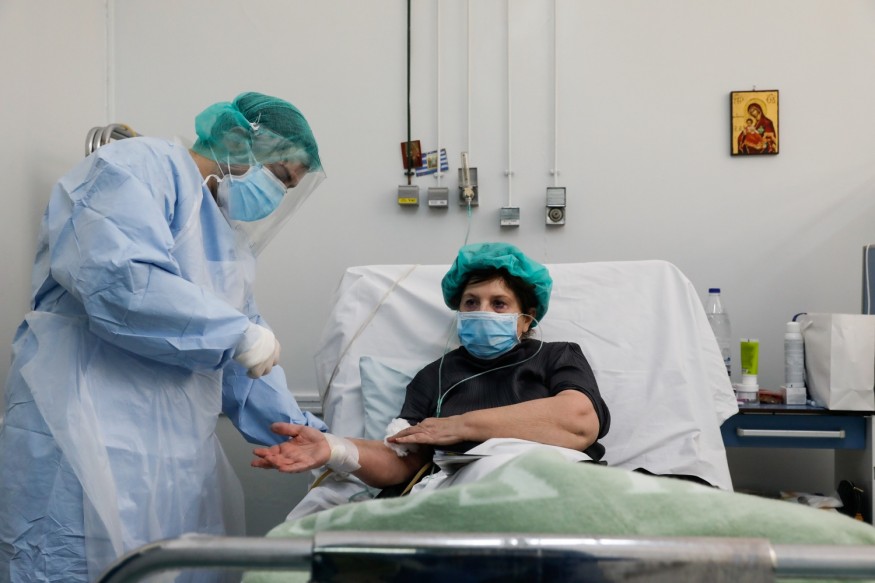COVID-19 Update: Recovered Patients Are Observed With Coronavirus ‘Reactivation’

Although hope for peace initially filled the country a few weeks ago due to the plummeting COVID-19 cases, South Korea is now tracking patients who can possibly experience a "reactivation" of the coronavirus.
In the data presented by John Hopkins University, last week, the country had over 10,000 positive cases and over 6,000 patients released.
Despite the firm control of the administration to limit the death count to less than 300, doctors in the Korean Center for Disease Control and Prevention (KCDC) are looking into vaccines for immunity, but they are faced with an obstacle. There are 91 recorded cases of recovered patients who are then tested positive again for coronavirus.
This discovery created a domino effect. China, who allegedly lifted quarantine recently, is dealing with an influx of patients who appear to be re-infected with COVID-19, which results in death for some the second time they were diagnosed.
More Dangerous the Second Time Around
At first, believed to be inaccurate testing, the director-general of KCDC Jeong Eun-kyeong said that this was untrue. The patients were not at all re-infected, but the virus was actually reactivated.
Measures in South Korea require patients to test negative twice before being discharged from the hospital. This must be done within 24 hours.
While the scientists were studying the immunity of patients towards the coronavirus, it appeared that none was present after all. A lot of experts believe that a brief period of resistance against the virus is demonstrated by the patients when symptoms were absent. Because of the notion of the coronavirus possibly reactivating, the previous contention stunned researchers.
This might be owed to inconsistent test results or inappropriate diagnosis, which would only add to the problems of the frontline medical workers. Previously immunocompromised people who already recovered might even be at higher risk.
Check these out!
Similarities to chickenpox?
It seemed as though South Korea already flattened the curve, but apparently, the patients are reporting recurring symptoms of the disease, and appear to have contracted it again. Medical researchers liken this possible reactivation pattern to that of chickenpox.
More data from the KCDC suggest the possibility of the virus becoming dormant after the apparent absence of the symptoms, only to become "reactivated" and, like chickenpox, cause more infection to other cells.
Shingles is a condition that implies the reactivation of varicella-zoster, the chickenpox virus. However, unlike chickenpox, patients who recover from coronavirus are not immune to it.
The World Health Organization (WHO) planned an investigation on the reactivation of the said virus. They added that the organization was aware of the reports about the patients who tested positive again and that they were carefully studying with experts to acquire more information.
"We are aware that some patients are PCR positive after they clinically recover," they said in a statement. They concluded that a more systematic collection of samples was needed to better understand how long the patients shed the live virus.
Subscribe to Latin Post!
Sign up for our free newsletter for the Latest coverage!
















